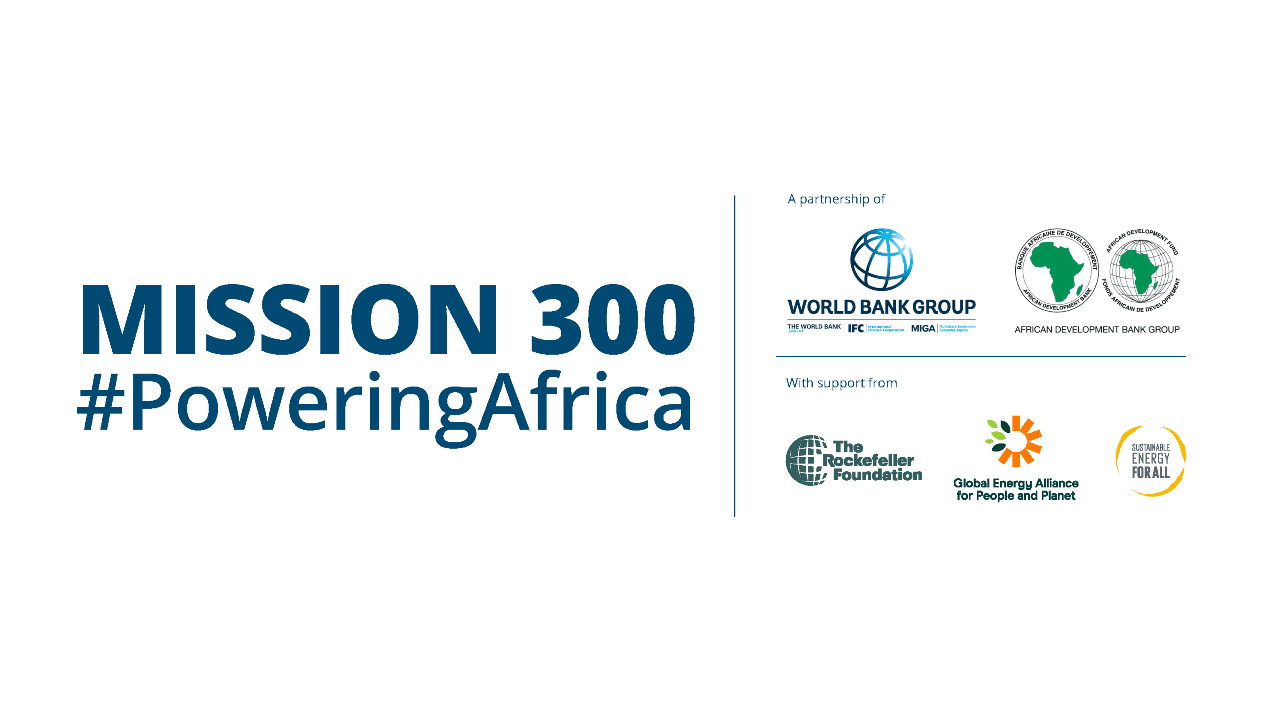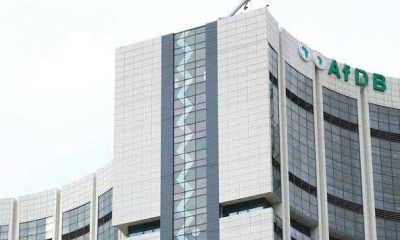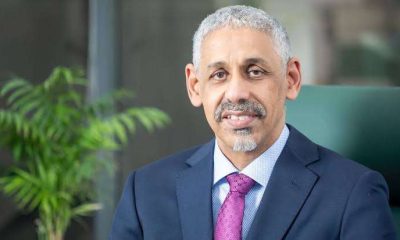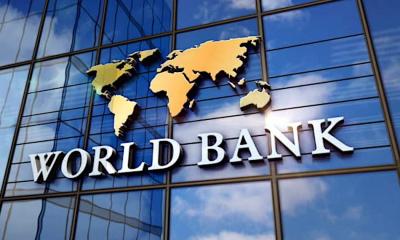Business
17 African nations back Mission 300 to fast-track electricity access

Seventeen African countries have committed to reforms and investment plans to accelerate electricity access under Mission 300, a joint initiative of the World Bank Group and African Development Bank (AfDB) aimed at connecting 300 million Africans to power by 2030.
The announcement was made on Friday at the Bloomberg Philanthropies Global Forum in New York, where Benin, Botswana, Burundi, Cameroon, Comoros, Republic of the Congo, Ethiopia, Gambia, Ghana, Guinea, Kenya, Lesotho, Mozambique, Namibia, São Tomé and Príncipe, Sierra Leone, and Togo endorsed National Energy Compacts.
The compacts outline country-specific strategies to strengthen utilities, attract private capital, and expand infrastructure for reliable, affordable electricity.
“Electricity is the bedrock of jobs, opportunity, and economic growth,” said World Bank President Ajay Banga. “Mission 300 is forging enduring reforms that slash costs, strengthen utilities, and draw in private investment.”
AfDB President Dr. Sidi Ould Tah added: “Reliable, affordable power is the fastest multiplier for small and medium enterprises, agro-processing, digital work, and industrial value-addition.”
Since Mission 300’s launch, 30 million people have been connected, with more than 100 million additional connections in the pipeline. Earlier this year, 12 other African countries, including Nigeria, Senegal and Tanzania, endorsed similar compacts with over 400 policy actions.
Development partners including the Rockefeller Foundation, Global Energy Alliance for People and Planet (GEAPP), and Sustainable Energy for All (SEforALL) are backing the initiative through co-financing and technical support.
With over 600 million Africans still lacking electricity, Mission 300 is being described as one of the continent’s most ambitious coordinated efforts to end energy poverty and drive economic growth.









